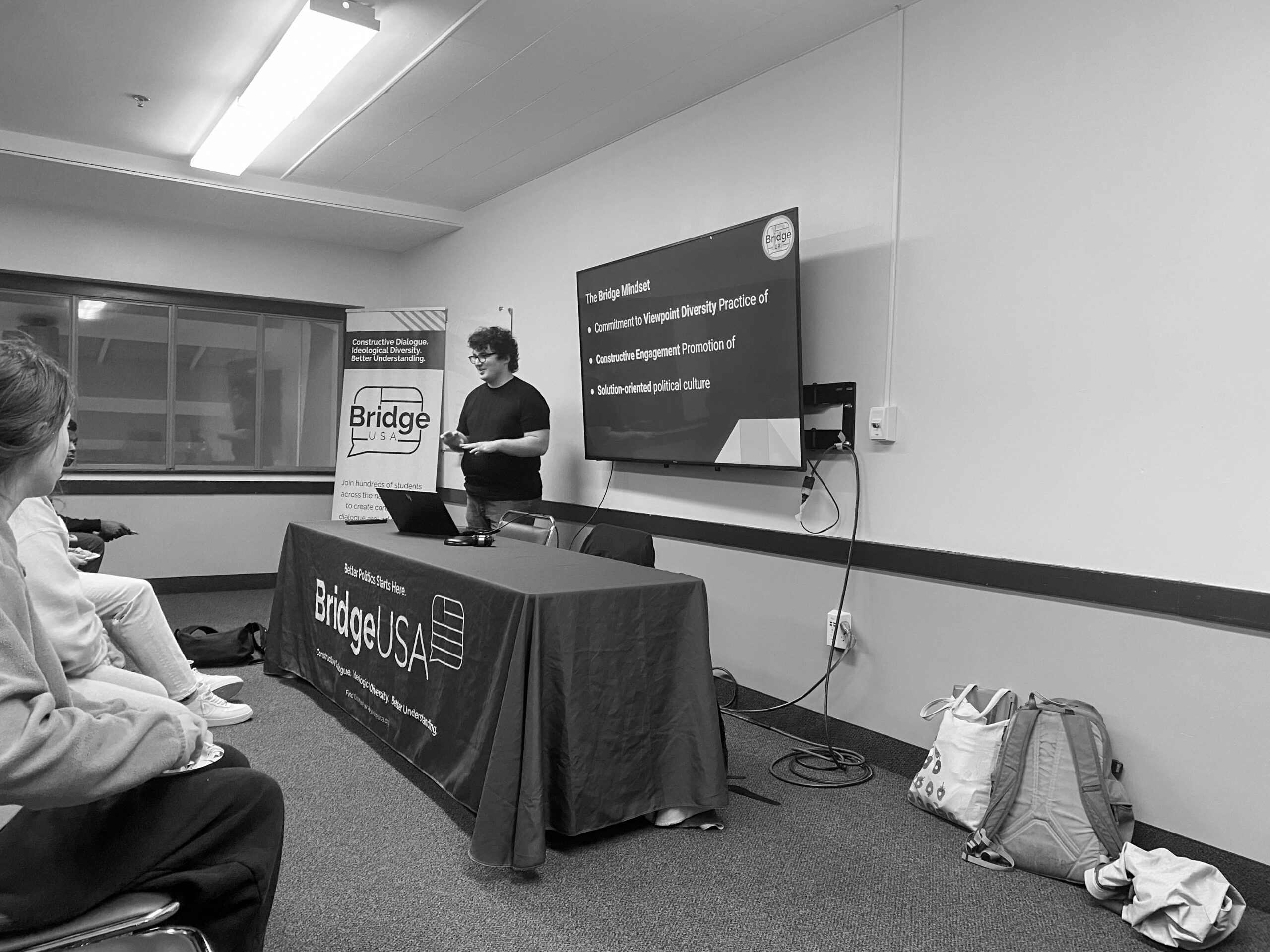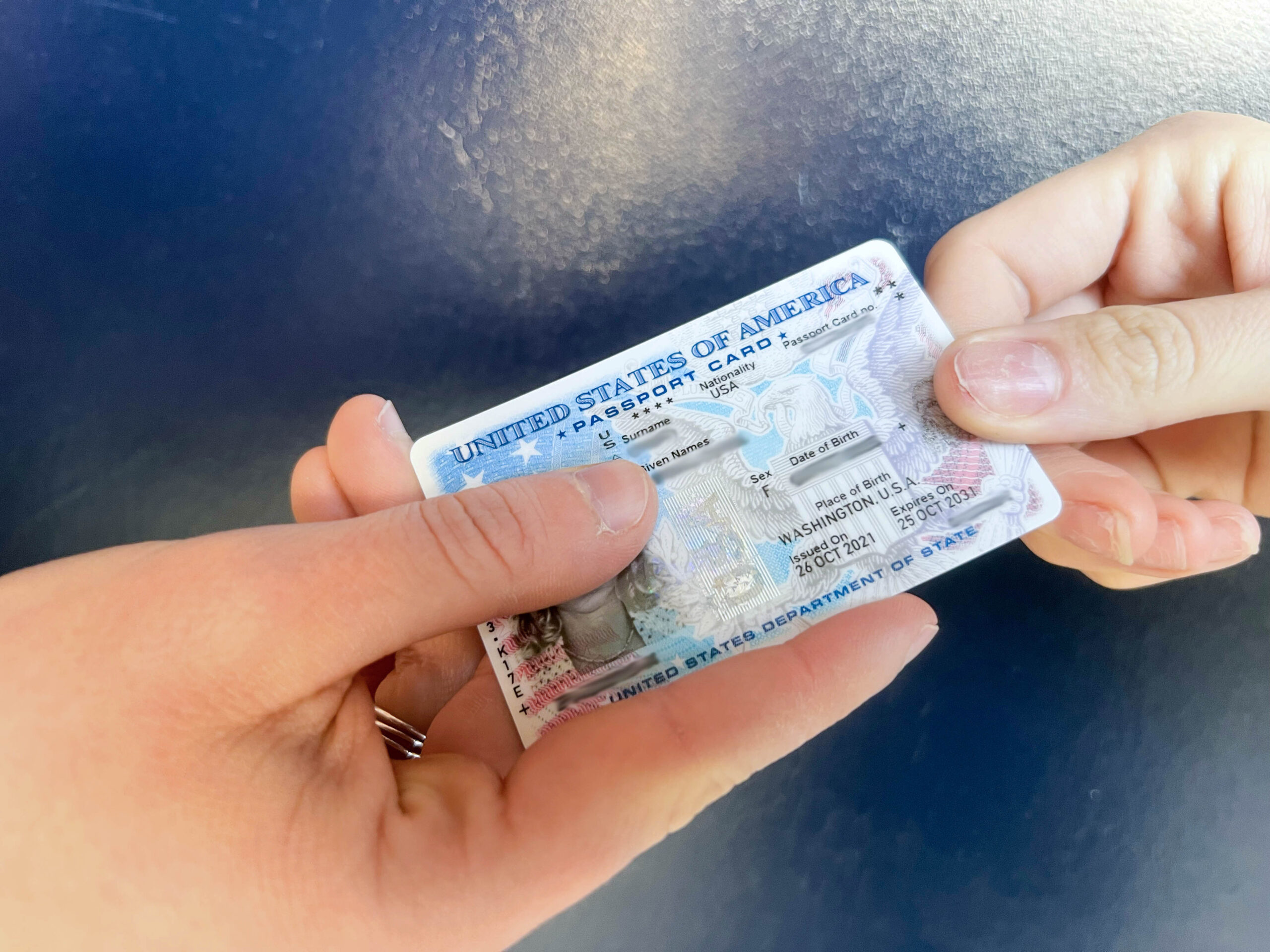Discussions of a potential medical school at the University of Rhode Island continued as state and university leaders addressed the needs of primary care providers across the state at a special legislative commission on Oct. 29.
University President Marc Parlange was present, along with seven other members of URI faculty and board members, including the deans of the colleges of pharmacy, nursing and health sciences. Also in attendance were five state senators and two state representatives, as well as two Rhode Island health care professionals.
The focal point of the night was the commission’s three presenters: Dr. Tony Cirillo, Dr. Eugenio Frenandez and Cory King, the state’s health insurance commissioner.
Cirillo, an emergency physician for the past 30 years and the president-elect for the American College of Emergency Physicians, opened the presentations with a focus on the perspective of physicians and what they value when opening a medical school.
“If we are going to create a system of primary care physicians that come, or start, or stay in Rhode Island, we have to start there [highschool],” Cirillo said.
He went on to explain the education journey of physicians, with their four years of highschool, college and medical school, along with three to seven years of residency, for up to 19 years of education.
“It’s a long, long journey,” Cirillo said. “Along this journey you are doing nothing but accumulating debt.”
Medical school puts students in an average of $200,000 in debt, according to the American Medical Association. Cirillo explained to the commission that, while physicians make more than the general population, they need to in order to pay off these debts.
Since 2001, physicians’ pay has declined by 29% when adjusted for inflation, according to the AMA, Cirillo said.
“When we want them [medical students] to go into primary care, if we don’t make the primary care reimbursement sustainable and able to meet this [debt] reality, then they are going to want to go into specialties,” Cirillo said.
Eugenio Frenandez ’13, a pharmacist and founder of the community pharmacy group Asthenis, spoke to the urgent need for more primary care providers in Rhode Island.
Frenandez referenced a study done by Brown University, which found that there are about 640 primary care providers in Rhode Island, 80% of those are trained as physicians.
“If every primary care provider has a panel of 1,500 patients, based on the population, that means we still need 90 more primary care providers,” Frenandez said. “If they have a panel size of 1,200, then we need 270 more primary care providers.”
With a need for more providers, there also comes the issue of an aging population. As of 2024, 6% of the United States population is 85 years or older, according to Cirillo. By 2030, that number is projected to jump to 9%.
Rhode Island’s population is even older compared to the rest of the country, according to the U.S. Census Bureau. In 2021, the median age in Rhode Island was 40.8, compared to 39.2 in the rest of the U.S.
“We are a population that is getting older and sicker,” Cirillo said.
King, the state’s health insurance commissioner and the last presenter of the night, also spoke to the importance of creating a better system of primary care in Rhode Island. He opened his presentation by quoting a 2021 report from the National Academy for Science Engineering and Medicine.
“With absent access to high quality primary care, minor health problems can spiral into chronic disease,” King said.
King outlined how a lack of primary care also causes issues in care management and preventative care – and increases emergency department visits and national healthcare spending.
“This is the value of primary care, and you wonder why we don’t adequately fund it in this country,” King said.
While each presenter expressed support for a medical school at URI, they also urged the commission to not only think about medical school, but about how to keep medical students in the state for residency and in practice.
“If we want the kid from Pawtucket to go back and practice in Pawtucket, then let’s create an easy path for them,” Cirillo said. “Let’s make sure they have a seat in one of our colleges and one of our medical schools.”
To watch the full commission meeting, as well as future meetings, visit the Rhode Island General Assembly website.



